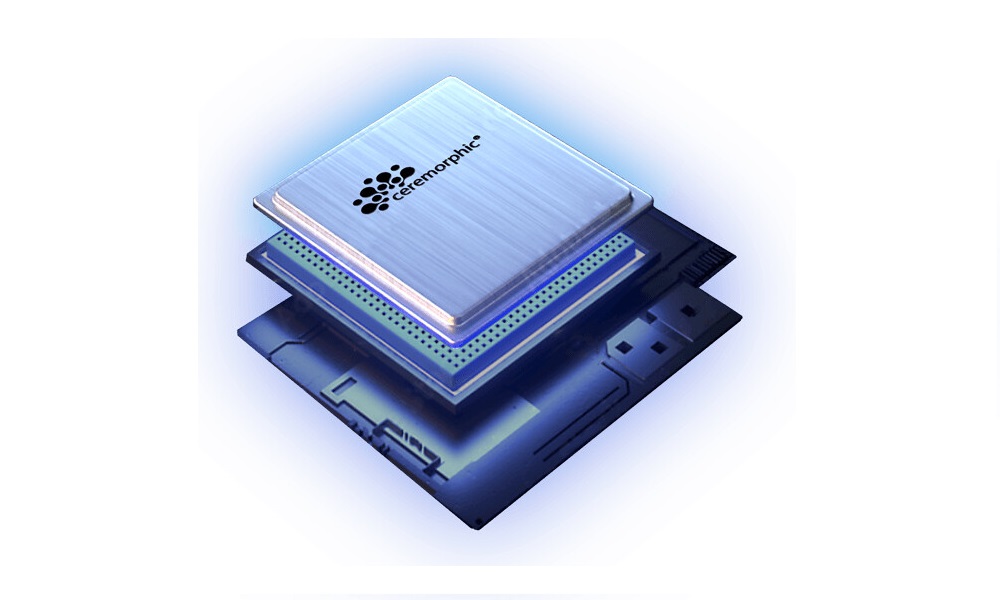
The digital twin implementations they are demonstrating that with their start-up a cost reduction that can reach 76%, in addition to increasing customer interaction by 68%. In fact, it’s Its adoption is expected to increase by 36% in the next five years.. However, only 13% of organizations have developed full-scale digital twin strategies. This is reflected in a Capgemini report on the adoption of digital twins.
The consultancy launched a survey, which has served as the basis for the report, with the aim of finding out why so many companies had difficulties with this technology, despite the fact that the first ones who adopted it have had more than notable gains after do it. And thanks to her they have discovered that there are several difficulties for their adoption. According to the companies, the main ones are the development of a long-term roadmap, the cultivation of the correct skills, as well as the development of the appropriate agreements for their adoption.
Of course, the reward for doing all this well is very remarkable. Leading adopters are experiencing a 15% increase in sales, improvements in response time and operational efficiency, as well as a 25% improvement in system performance. But although 55% of organizations consider the use of digital twins in digital transformation, 42% do not have the necessary vision to deploy them.
Capgemini’s approach to digital transformation centers on Artificial Intelligence, edge computing, the Internet of Things and analytics. All are crucial, to a greater or lesser extent, to achieve it. But they have also realized that digital twins are very important for the development of smart industry trends. These include changing customer preferences, increasing regulatory pressures and concerns about carbon emissions. In fact, the increased concern about sustainability is one of the main drivers for digital twins, which also improve scalability and facilitate the integration of products and services.
If the processes are more efficient, which happens thanks to the adoption of digital twins, the emissions are reduced, and it is easier to prove the viability of the use of new, more sustainable materials. Therefore, they are also beneficial for the environment. Thanks to this, the applications of digital twins are expanding more and more. Today they already have many in sectors such as urban planning, energy, utilities, automotive, aviation, consumer product development and healthcare.
A mismatch between a long-term vision and governance in operations creates delays. And even the failure to launch digital twins. For this reason, companies need to involve experts in data analysis, the Internet of Things, design and industry. Or, train them. Roshan Gya, Head of Smart Industry at Capgeminihas highlighted that «By bridging the gap between the physical and the digital, digital twins help organizations extract value, create synergies between data, technologies and business processes, and are at the core of intelligent industry transformation. Digital twins offer a unique opportunity for organizations that want to accelerate their journey to intelligent operations, while increasing profitability and enabling a sustainable future.«.
Image: SumitAwinash



